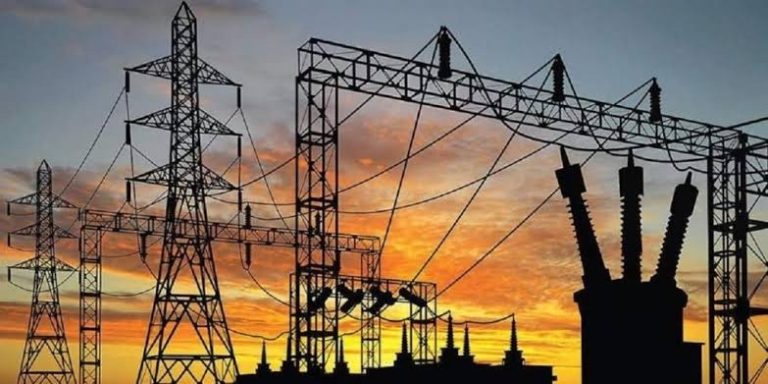The Federal Government, through the Minister of Power, Chief Adebayo Adelabu, and the Akwa Ibom State Government have agreed, along with other states, to develop independent electricity markets under the new Electricity Act of 2023.
Speaking at the two-day Akwa Ibom Power Summit, held at Four Points by Sheraton, Ikot Ekpene, Adelabu said the event was a “direct manifestation” of President Bola Tinubu’s Renewed Hope Agenda. He explained that the goal is to decentralise Nigeria’s electricity supply system and expand access to power nationwide.
Adelabu noted that the Electricity Act, signed into law in 2023, allows states to create and regulate their own electricity markets. He described this as a major step in transforming the country’s power sector.
He, however, stressed that state-level efforts must align with federal frameworks to ensure stability, reliability, and investor confidence in the national grid.
“Our goal is to make sure every Nigerian, no matter where they live, has access to reliable electricity for homes, businesses, and industries,” Adelabu said. “This will require standardisation, investor clarity, and close coordination between federal and state regulators.”
He added that federal agencies, including the Rural Electrification Agency, would support Akwa Ibom with technical and financial assistance. This will help the state develop innovative projects such as mini-grids, standalone systems, and clean energy initiatives to reach underserved communities.
Adelabu also called on participants at the summit to design “bankable policies and regulatory frameworks” that will attract private investors, protect consumers, and build sustainable state electricity markets.
In his keynote address, Governor Umo Eno described the summit as a turning point in the state’s push for energy security. He said that despite having a 191-megawatt power plant and rich gas reserves, Akwa Ibom still struggles with poor electricity supply.
The governor said the summit must produce a practical roadmap with clear timelines. “Electricity is not a luxury; it is essential for modern life. Our vision is for every home, school, and hospital to enjoy steady power supply,” he said.
He announced that Akwa Ibom had already passed an Electricity Policy (2024) and an Electricity Law (2025), creating the foundation for the Akwa Ibom State Electricity Market.
Eno said the reforms would be guided by transparency, professionalism, and a focus on the people.
He also revealed that the state had signed a memorandum of understanding with the Rural Electrification Agency to speed up access to power in rural and semi-urban areas. He added that his government is committed to clean energy, citing ongoing solar projects in schools and health centres.
The Speaker of the House of Representatives, represented by the Chairman of the House Committee on Power, praised Akwa Ibom for its bold move. He said the National Assembly is already working on new laws to strengthen cooperation between federal and state electricity regulators.
He urged stakeholders to be bold and creative in solving sector challenges, pointing out that vandalism, high costs, and weak policies have slowed progress in the past.
Governors from the South-South and industry stakeholders attended the summit. They agreed that better collaboration between government and the private sector is vital to unlock Nigeria’s power potential.
Participants concluded that with discipline, policy alignment, and strong partnerships, Akwa Ibom could become a model for electricity reform among Nigerian states.


